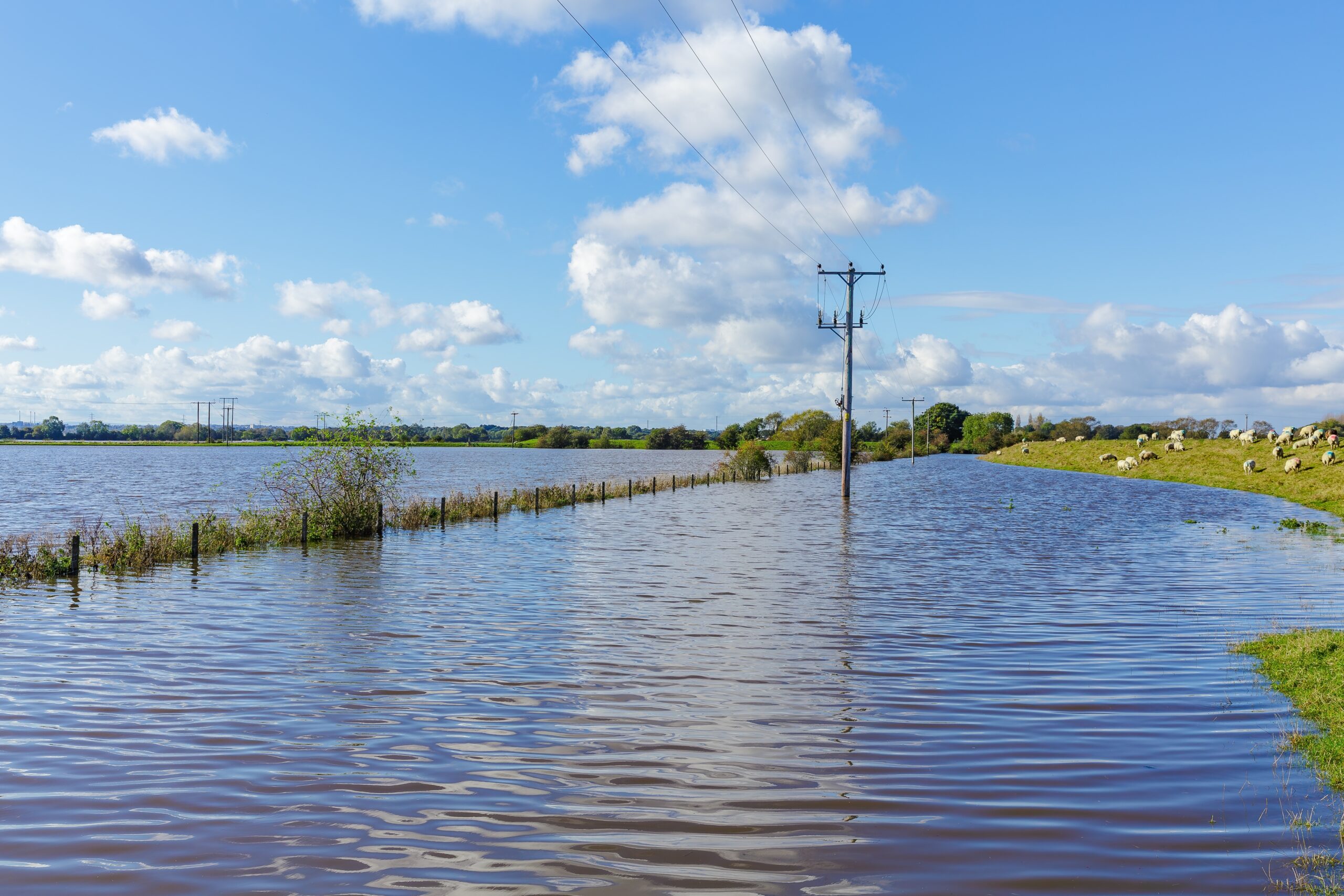This article will emphasise the importance of implementing sustainable practices for consultants and contractors, with specific reference to the energy distribution sector.
Why?
Dalcour Maclaren recently attended a supplier engagement day hosted by Scottish and Southern Electricity Networks (SSEN) Distribution, aimed at promoting sustainable practice among their contractors.
Between 1970 and 2020 global wildlife populations have declined 73%. World leaders and existing conflicts continue to compound climate change issues. In recent memory the world has borne witness to flash flooding in Valencia, a hurricane that ravaged Florida, and Australian wildfires. This inferno is the backdrop of the world that thought leaders in the infrastructure world find themselves.
SSEN’s Head of Strategic Planning and Sustainability, Shirley Robertson, is alert to the climate risks to their network. Floods erode their infrastructure. Storms ravage the overhead lines. Increased light and heat levels lead to more vegetation encroachment. The danger is very close to home.

What can you do about it?
The new Labour Government have ambitious decarbonisation goals for 81% emission reduction by 2035. We’re seeing the return of on-shore wind, increased solar and battery development, and continued investment in nuclear capabilities. We can strategise big-picture renewable energy generation all day, but the industry can’t afford to forget about everything else in between.
Energy distribution and its supply chains have a huge role to play in decarbonisation. Cable ducts are made from polyethylene shipped across the Atlantic, overhead lines rest on wood poles from felled trees, and many site workers still travel in diesel vans.
With this in mind SSEN are aware of their own distribution carbon footprint and have set themselves some equally ambitious targets. They want to electrify 80% of their vehicle fleet, and reduce their carbon footprint by 35%, both by 2028. They also encourage their suppliers to sign up to SSEN’s Sustainable Supplier Code, which Dalcour Maclaren are proudly part of. The Code encourages suppliers to consider their own decarbonisation, energy use, waste management, social value, and biodiversity contribution.
Social value is an often overlooked element of sustainability. It is hugely important to recognise the social benefit that firms provide to their communities. This could be through engagement activities, education and upskilling, or charity work. Similarly, the promotion of biodiversity is now a statutory requirement through the planning process. Despite this, practising biodiversity for firms remains a grey area outside of development.
Adopting sustainable practices doesn’t just mean being an innovation expert or contributing to your community. Have you ever considered if your firm might be facilitating modern slavery? Or maybe your water management and consumption isn’t efficient. Do you encourage use of sustainable transport? The footprint of the supply chain in sustainability is so much wider than just producing lower carbon widgets.
The good news is that the supply chain is reacting to the industry’s sustainability leadership. They are electrifying their fleets and innovating new processes. Low carbon concrete, recycled tarmac, and repurposing of PPE are a few ways in which the supply chain is already innovating.
There’s also a wealth of eco-credentials that firms can pursue. Dalcour Maclaren are proud recipients of an EcoVadis Silver Medal. This is an independent quantification of our own good sustainability practices.
Don’t Get Left Behind
If the writing wasn’t already on the wall from looking at the news, then it won’t be long before the industry realises that implementing sustainable practices is also good business practice. It will become necessary to think sustainably so that people know you’re accountable, and if you don’t have good credentials then you won’t have long term viability.









